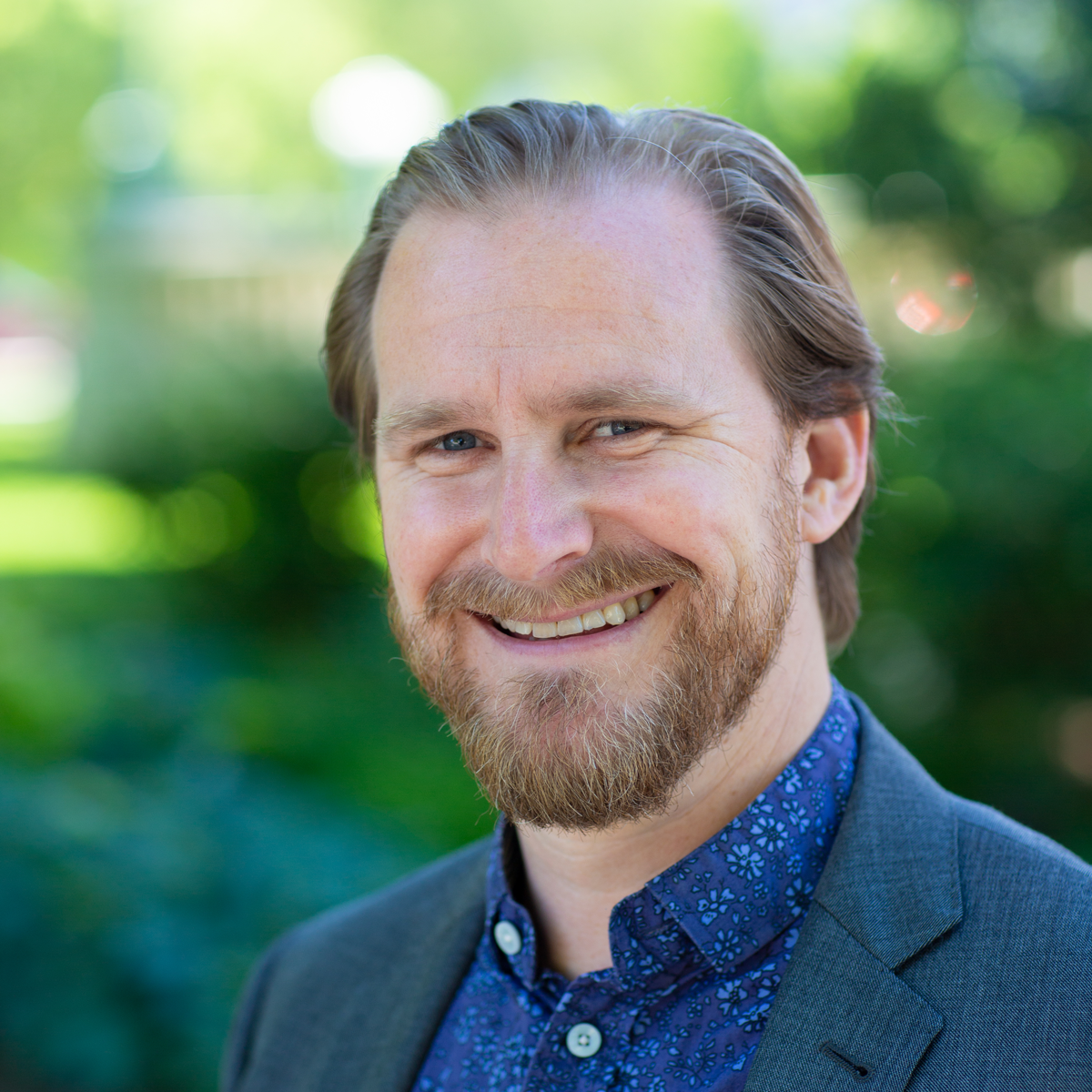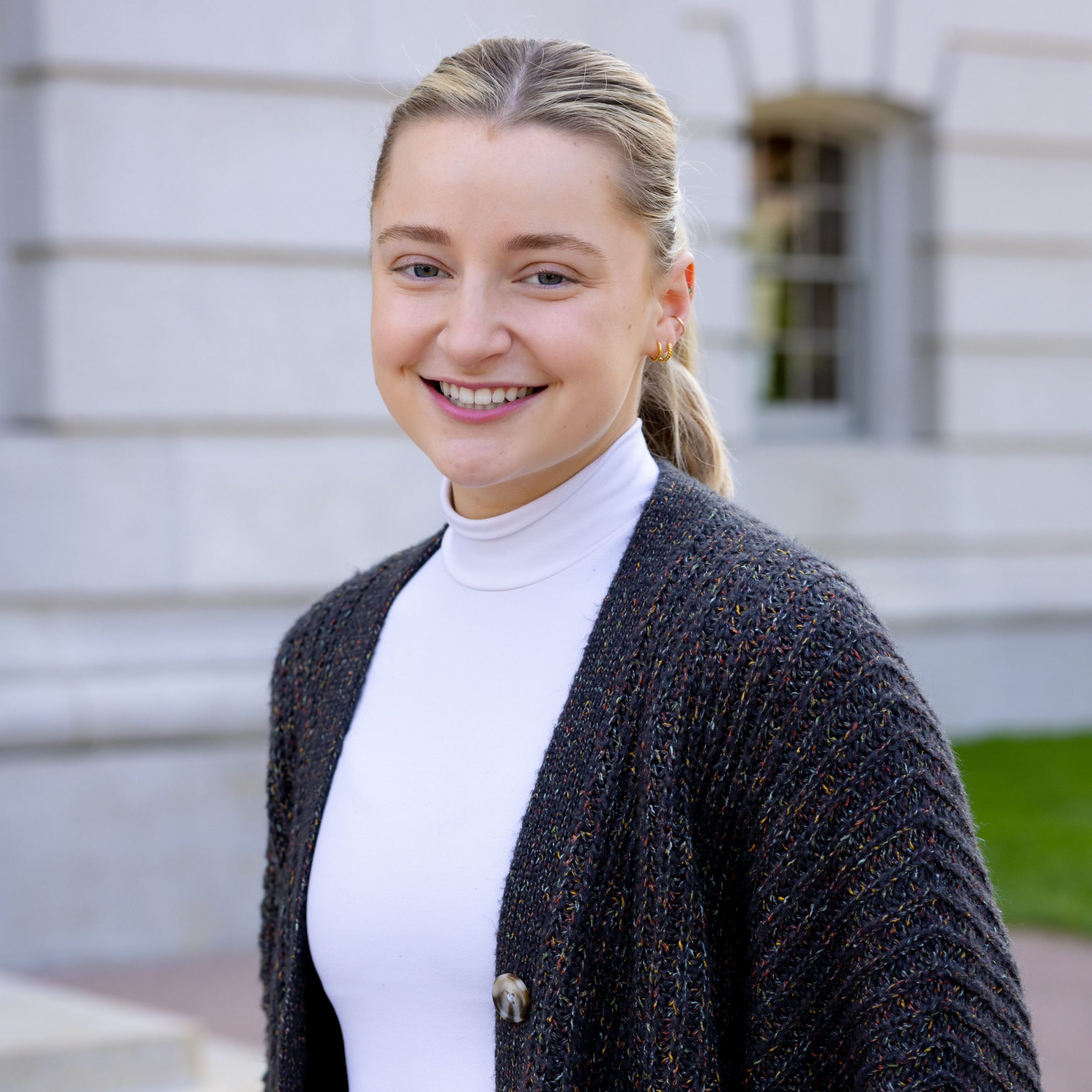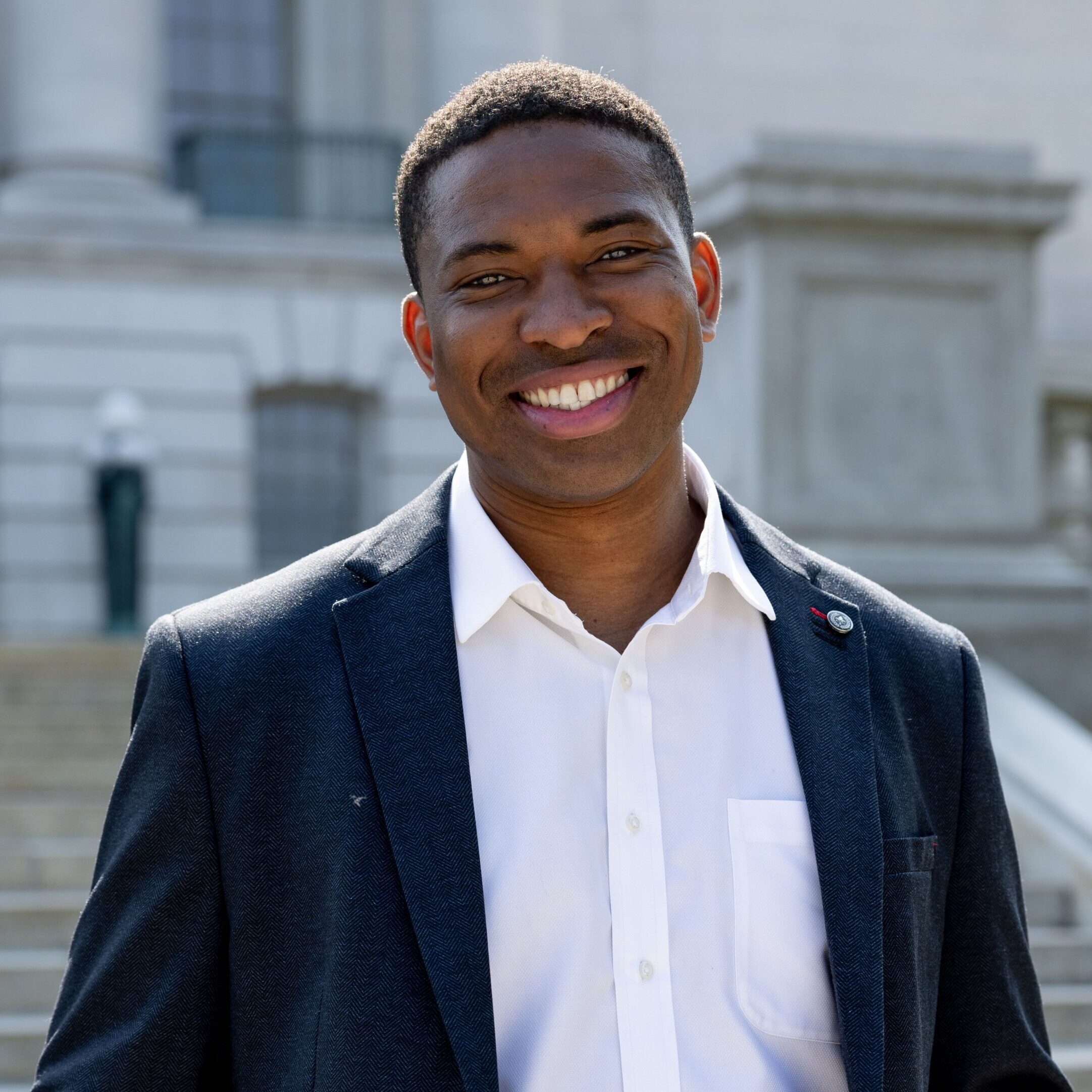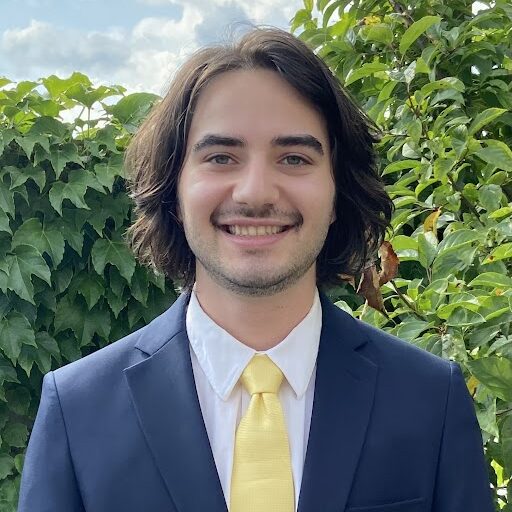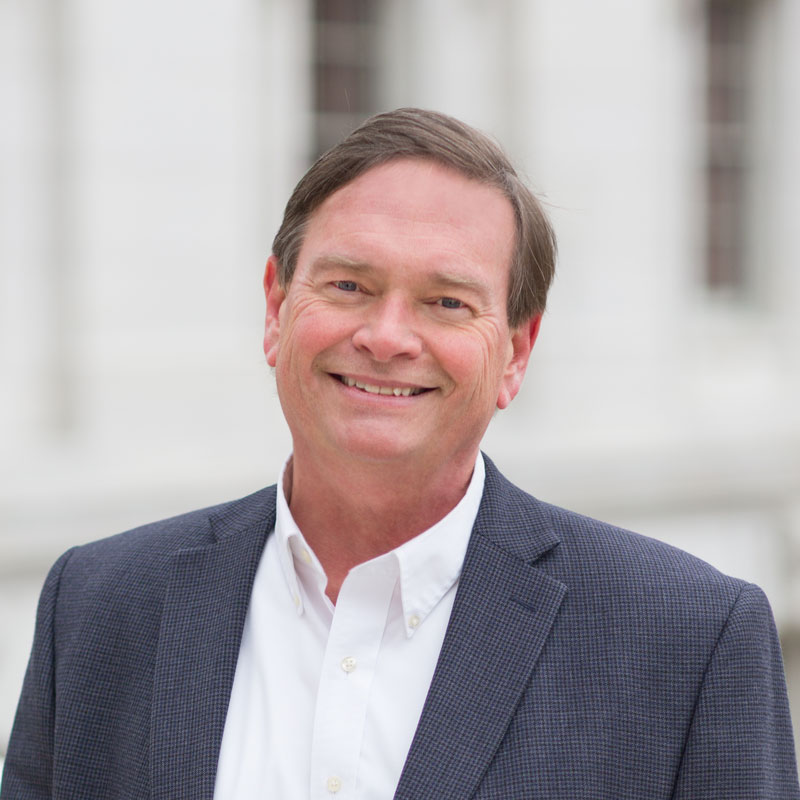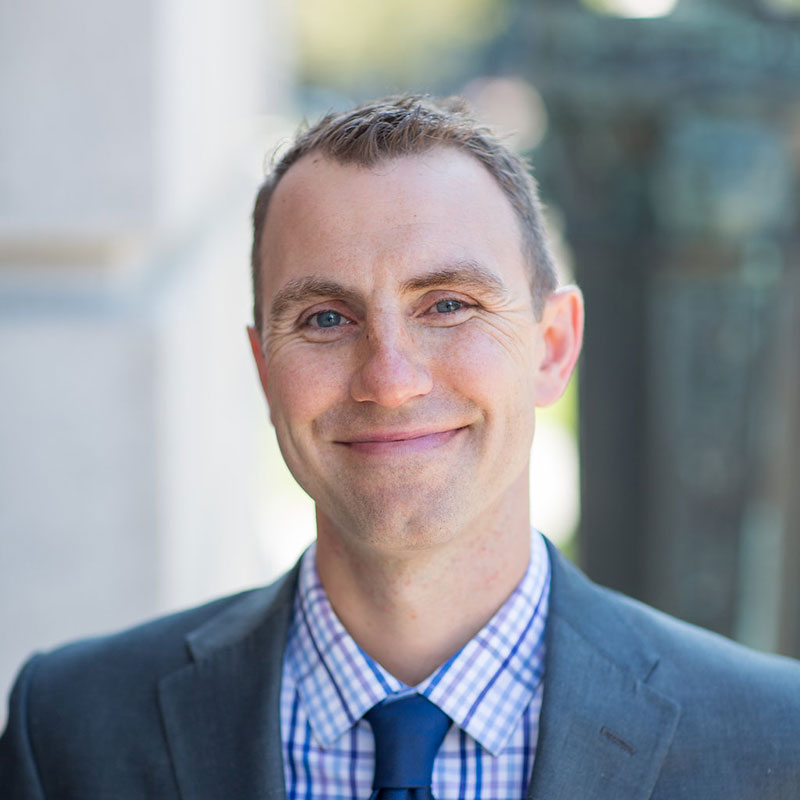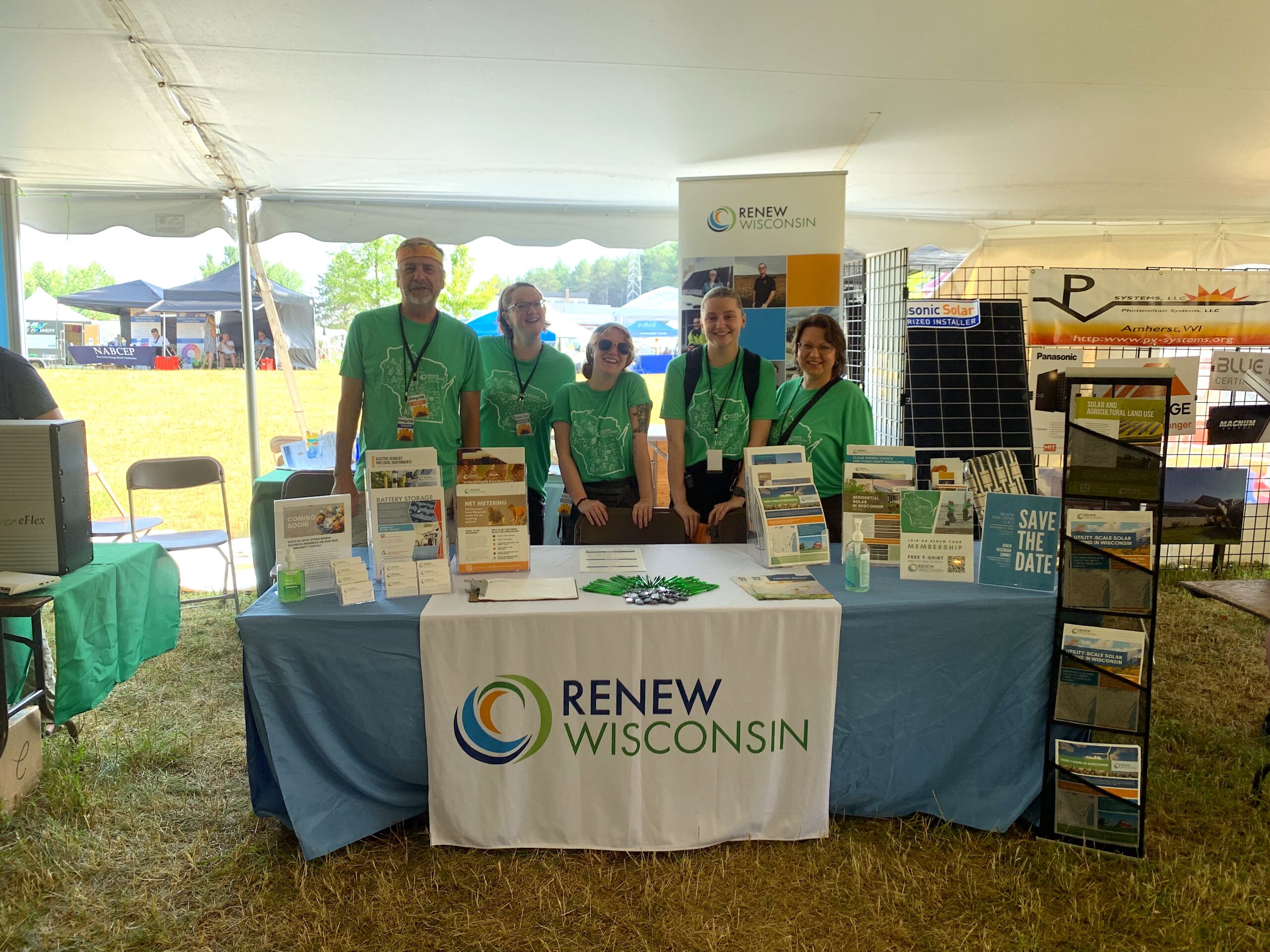
by Julia Holzschuh | Jun 27, 2023 | Electric Vehicles, Electrification, Energy Storage, Events, Inflation Reduction Act, Local Government, Netzero Wisconsin, Policy, Programs, RENEW Wisconsin, Renewables, Solar, Solar for Good, Sustainability, Utility Scale
Last weekend, the Midwest Renewable Energy Association (MREA) hosted the 32nd Annual Energy Fair, bringing people together to learn about sustainability and clean energy, connect with others, and take action toward a sustainable future. The Fair featured workshops, exhibitors, live music, inspiring keynote speakers, family fun, great local food, and more.
RENEW staff presented some compelling workshops and you can download slides from their presentations below.
Zero Carbon by 2050—A Path for Wisconsin
Andrew Kell, RENEW Policy Director, discussed zero-carbon goals and ongoing planning efforts in Wisconsin. Andrew also was a guest on a live podcast, focused on Wisconsin’s Net Zero future.
MadiSUN Workforce Training
Lauren Cohen, RENEW Program Coordinator, held a workshop regarding career growth opportunities within Wisconsin’s clean energy industry, focusing primarily on opportunities within the solar industry.
Vehicle-to-Grid: Opportunities and Challenges
Francisco Sayu, RENEW Emerging Technology Director, discussed how Vehicle-to-Grid technology unlocks the energy stored in electric vehicles and opens opportunities for energy trading, energy management, and grid resiliency.
Farming Sunshine: Solar and Ag Land Use
Nolan Stumpf, one of RENEW’s Interns, presented a session regarding solar farms and the opportunities and challenges of using the land for farming purposes and advancing clean energy.
Can Clean Energy Overcome Local Opposition?
Michael Vickerman, RENEW Clean Energy Deployment Manager, discussed the opposition clean energy faces at the local level and how to overcome those barriers.
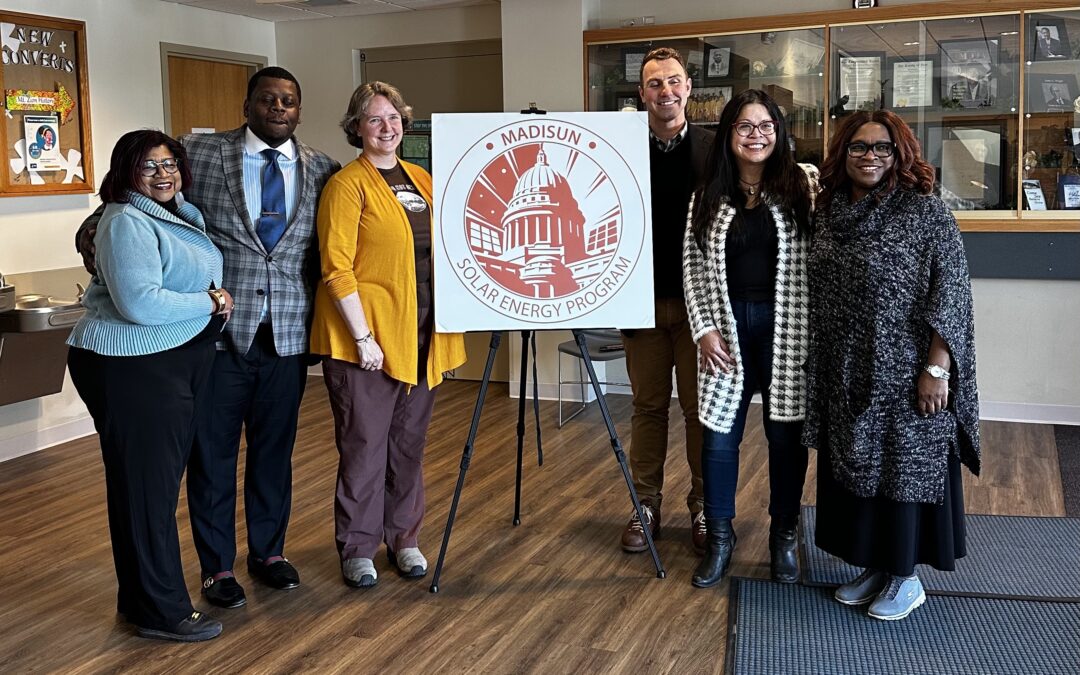
by Julia Holzschuh | Mar 29, 2023 | Press Release, Programs, RENEW Wisconsin
On Tuesday, Madison Mayor Satya Rhodes-Conway and RENEW Wisconsin announced the launch of MadiSUN’s 2023 Solar Programs, the City’s initiative to expand solar energy for local homes, businesses, affordable housing providers, and nonprofits. Participants included Sam Dunaiski, Executive Director of RENEW Wisconsin; Rev. Dr. Marcus Allen Sr., Pastor of Mt. Zion Baptist Church; and Maria Redmond, Director of the Wisconsin Office of Sustainability and Clean Energy.
MadiSUN is the City of Madison’s initiative to help foster the expansion of solar renewable energy. It consists of three programs: Group Buy for Homes, Solar for Businesses, and the Backyard Solar Grant. The Group Buy for Homes program simplifies the process of going solar for Dane County homeowners by putting them into direct contact with reputable solar installers. Since 2016, it has helped 289 Dane County residents install solar panels, totaling over 1600 kW. Solar for Business aims to educate and encourage Madison-based businesses to install solar power at their facilities. Since the program’s inception in 2018, they have awarded grants to 24 businesses with an aggregate capacity of 1600-kW and a total investment of $2,200,435. The Backyard Solar Grant fosters access to solar power for Madison-based community organizations and affordable housing providers that serve City of Madison residents. 19 organizations have received grants from the Backyard Program, with Mt. Zion Baptist Church receiving a $10,000 grant in 2021 for their 21.6-kW solar array. Looking forward to the 2023 season, MadiSUN is optimistic about the new possibilities presented by the Inflation Reduction Act on the programs. With nonprofit organizations now able to utilize previously unavailable solar incentives and an increase in the Solar Investment Tax Credit, RENEW is excited to facilitate the continued growth of these programs.
“I anticipate 2023 will be our best year yet!” said Sam Dunaiski, Executive Director of RENEW Wisconsin, “As administrator of the MadiSUN programs, RENEW believes in an all-of-the-above approach to renewable energy adoption. MadiSUN helps community organizations lower the upfront costs of solar, it helps Madison businesses navigate the questions around commercial solar implementation, and it makes going solar easy and affordable for local homeowners. These solar projects will help residents throughout the Madison area save money on their utility bills and reduce their carbon footprint.”
“We felt that installing a solar system would help the church serve the South Madison community by providing an example of leadership in demonstrating to the minority community the importance of good environmental stewardship.” said Pastor Allen of Mt. Zion Baptist Church. “We want to show the community the potential of long-term benefits of reducing dependence on nonrenewable resources thus, reducing the church’s carbon footprint.”
Federal investments from the Inflation Reduction Act (IRA) will complement and accelerate Madison’s Climate Forward Agenda by providing much-needed funding to reduce greenhouse gas emissions from the building and transportation sectors. IRA incentives will help increase the reach of City programs that support energy efficiency upgrades to naturally occurring affordable housing, and rooftop solar for homes and businesses through MadiSUN, and accelerate the transition of the City’s fleet to low- and no-carbon fuels, among other ongoing initiatives. The timing is fortuitous for new programs as well. The City’s new Building Energy Savings Program will help large commercial building owners identify opportunities to increase their energy efficiency and save money.
“I am very excited about the opportunities President Biden’s Inflation Reduction Act will bring for our MadiSUN program. The bill will allow thousands of Madisonians to transition to clean energy and grow the energy efficiency of their homes and businesses,” said Mayor Satya Rhodes-Conway.
The IRA will help Madison accelerate and reach its climate goals by providing funding directly to local households, businesses, and nonprofits to reduce energy costs and make clean energy and transportation more accessible for everyone. This can be done through: home energy efficiency upgrades, home energy systems, using electric vehicles, growing Wisconsin’s green economy, and by businesses utilizing energy cost savings.
- Home energy efficiency upgrades – The law includes rebates for energy-efficient electric heat pumps, water heaters, stoves, ovens, or other home appliances with more energy-efficient electric appliances for low- and moderate-income households. Any household can receive tax credits covering 30% of the cost of home construction projects on windows, doors, insulation, or other weatherization measures that reduce energy waste. These upgrades can lower home energy bills by at least $350 annually.
- Home energy systems – Households can also receive tax credits to cover 30% of installation of solar panels or battery storage costs. The average family installing solar using this credit would save $9,000 on their electricity bill over the system’s life, or about $300 per year.
- Electric vehicles – The IRA makes electric vehicles more affordable by providing up-front discounts of up to $7,500 for new and $4,000 for used electric vehicles, helping families save as much as $950 per year on fuel costs. Businesses can receive tax credits of up to $40,000 for commercial electric vehicles and a $100,000 tax credit for installing EV charging infrastructure in qualified census tracts.
- Growing Wisconsin’s green economy – Between 2023 and 2030, the IRA will bring an estimated $4 billion of investment to boost our manufacturing industry, employing an average of 472,000 workers.
- Business energy cost savings – Through the IRA, small businesses can receive a tax credit that covers 30% of the cost of switching over to low-cost solar power.
More information about the MadiSUN programs can be found on the programs website or by contacting the program coordinator Lauren Cohen at RENEW Wisconsin.
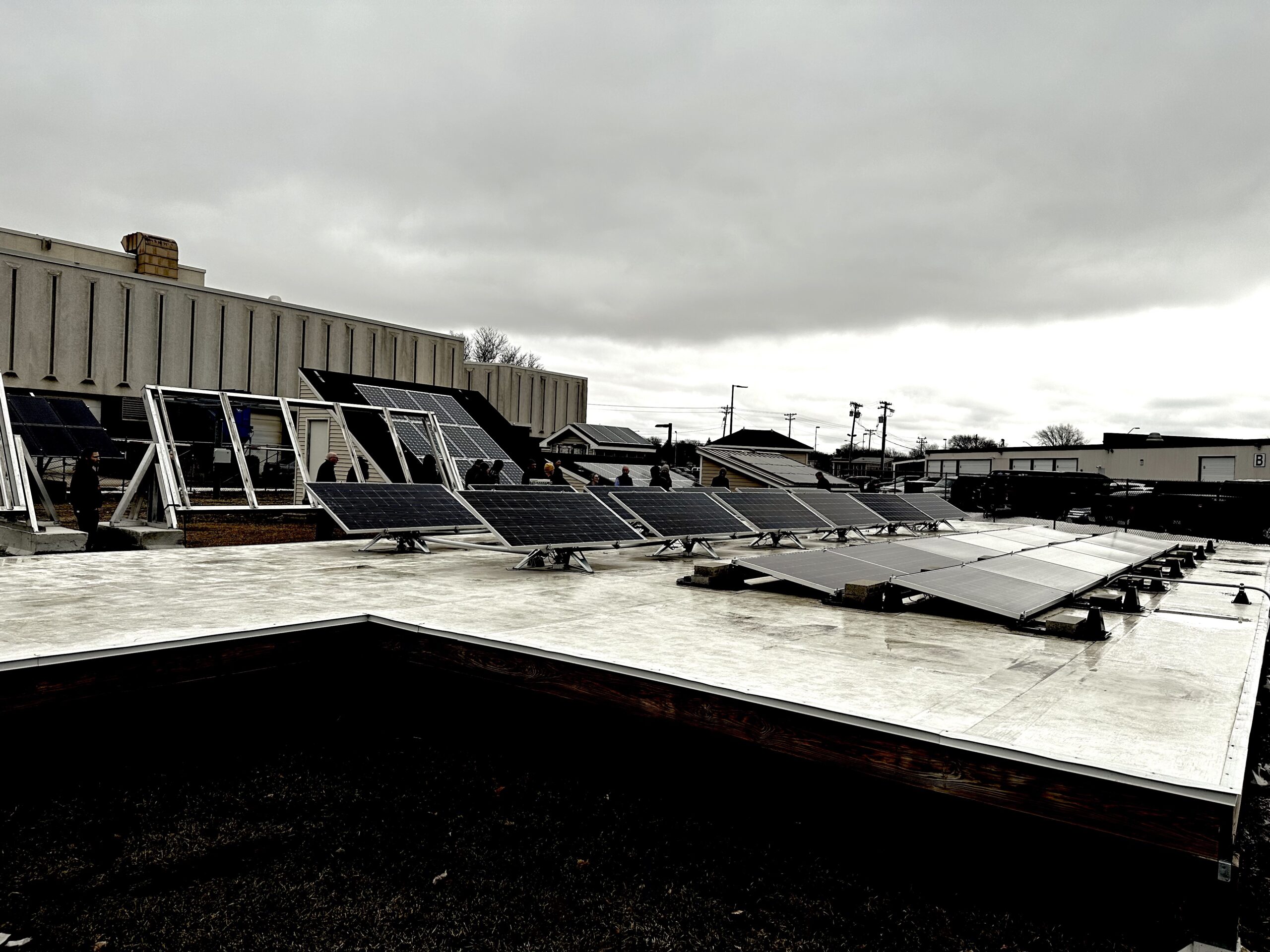
by Lauren Cohen | Mar 24, 2023 | Events, Programs, Solar
On February 7, 2023, and March 2, 2023, RENEW Wisconsin and
Midwest Renewable Energy Association (MREA) hosted two Solar Workforce Training Courses at Madison Technical College as part of the MadiSUN Solar Energy Program.
MadiSUN is the City of Madison’s solar program administered by RENEW Wisconsin.
Solar installer is one of the fastest-growing jobs in the United States. Madison has a robust solar market, and solar installers struggle to find enough qualified employees. In response to this need, RENEW Wisconsin crafted a solar workforce initiative that had two primary goals:
1. To increase the number of qualified, trained workers in our community that local solar contractors could utilize to expand the total solar capacity installed in Madison.
2. To increase family-supporting careers within communities of color and low-income communities in the City of Madison.
To fulfill these goals, RENEW Wisconsin partnered with MREA instructors to host two “Solar 100” training sessions. These classes were each a one-day (8-hour) course that introduced participants to solar photovoltaic (PV) technology and workplace safety.
The course catered to those interested in a career in solar but unsure where to begin. It provided participants with many basic skills necessary for a career in the solar industry, making them more appealing to solar installation companies.
In the future, RENEW is working to find additional opportunities for participants of the Solar 100 class to take advanced training to obtain full North American Board of Certified Energy Practitioners (NABCEP) certification. While NABCEP certification is not needed to become a solar energy professional, it gives individuals more opportunities to further their careers.
Thank you to the City of Madison, MREA, and the students who made this initiative a success. We hope to provide more training opportunities in the future to advance clean energy in Wisconsin.
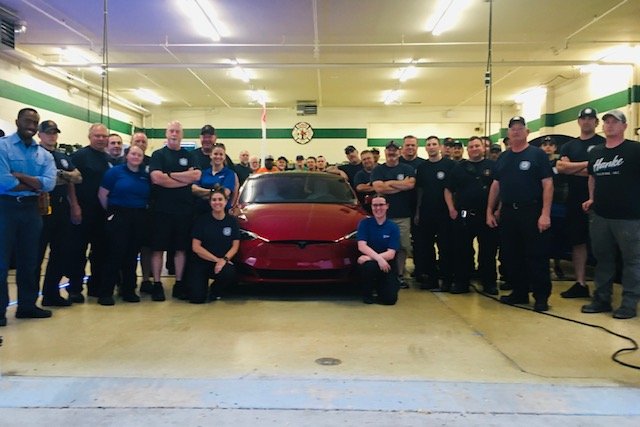
by Francisco Sayu | Dec 16, 2022 | Electric Vehicles, Local Initiatives, Programs, RENEW Wisconsin
RENEW Wisconsin awarded an EVs for Good grant of $5,000 to EVsafe to support first responder training in accidents involving electric vehicles (EV) and other electric infrastructure-related emergencies.
EVsafe is a Wisconsin-based nonprofit supporting our nation’s first responders through specialized EV training to increase safety and efficiency when responding to emergencies. The grant will support the purchase of a salvaged vehicle for EVsafe’s “break-apart” EV training program. This vehicle will support training on disabling high voltage systems, extinguishing electrical fires, and other challenges unique to electric vehicles.
RENEW Wisconsin’s EVs for Good grant program reduces the upfront costs of purchasing electric vehicles and EV charging infrastructure for nonprofits in Wisconsin. This grant is possible thanks to a generous donation from Carol and Andy Phelps.
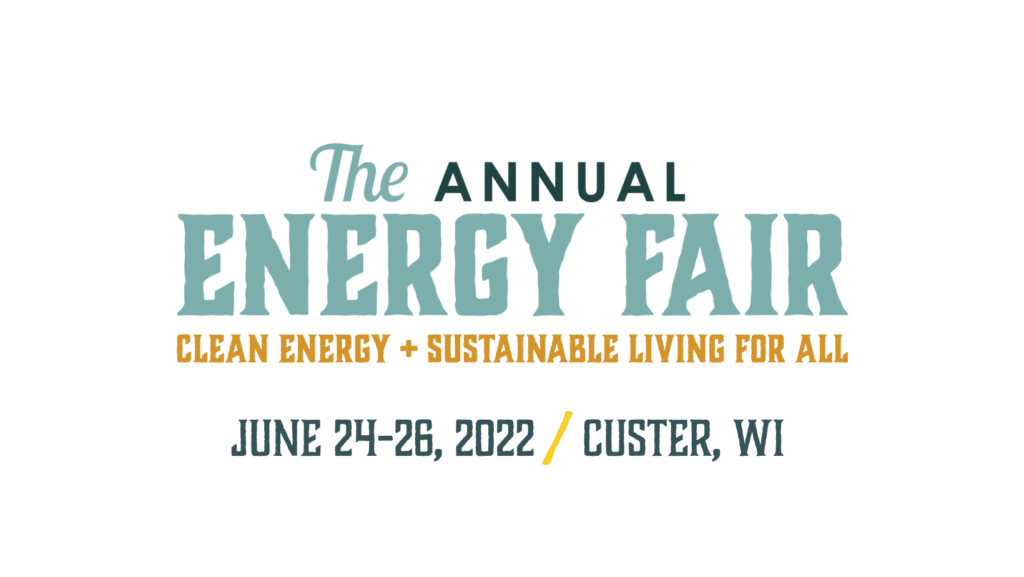
by Jodi Jean Amble | Jul 1, 2022 | Electric Vehicles, Events, Local Government, Programs, RENEW Wisconsin, Renewables, Solar, Solar for Good
Last weekend, the Midwest Renewable Energy Association (MREA) hosted the 31st Annual Energy Fair, bringing people together to learn about sustainability and clean energy, connect with others, and take action toward a sustainable future. The Fair featured workshops, exhibitors, live music, inspiring keynote speakers, family fun, great local food, and more.
RENEW staff presented some compelling workshops and you can download slides from their presentations below.
A Zero-Carbon Grid – How We Get There
Andrew Kell, RENEW Policy Analyst, discussed zero-carbon goals and ongoing planning efforts in Wisconsin. Andrew also discussed a joint study to address policy considerations of this clean energy transition.
Health Benefits of Electric Vehicle Adoption
Christina Zordani, Electric Vehicle Policy Intern at RENEW, discussed a Wisconsin with 100% clean-power electric vehicle adoption. In this workshop, attendees learned how a renewable-powered transportation network would bring significant economic and health benefits to Wisconsin.
Vehicle-to-Grid: Opportunities and Challenges
Francisco Sayu, RENEW Emerging Technology Director, discussed how Vehicle-to-Grid technology unlocks the energy stored in electric vehicles and opens opportunities for energy trading, energy management, and grid resiliency. The workshop delved into two case studies.
Energy Policy and Politics in Wisconsin
Jim Boullion, RENEW Government Affairs Director, reviewed the busiest legislative session for energy-related issues in many years, including solar financing, community solar, and electric vehicle rules.
Small Solar Farms in Wisconsin – Why More Are Needed
Michael Vickerman, RENEW Policy Director, discussed initiatives to expand Wisconsin’s solar marketplace’s middle tier: offsite arrays serving groups of self-selecting customers or whole communities across Wisconsin.
A Clean Energy Toolkit for Local Governments
Sam Dunaiski, RENEW Resources Director, discussed towns, cities, and counties in WI that are building the clean energy economy. By investing in renewables, WI communities are reducing carbon emissions, investing locally, and creating energy independence.
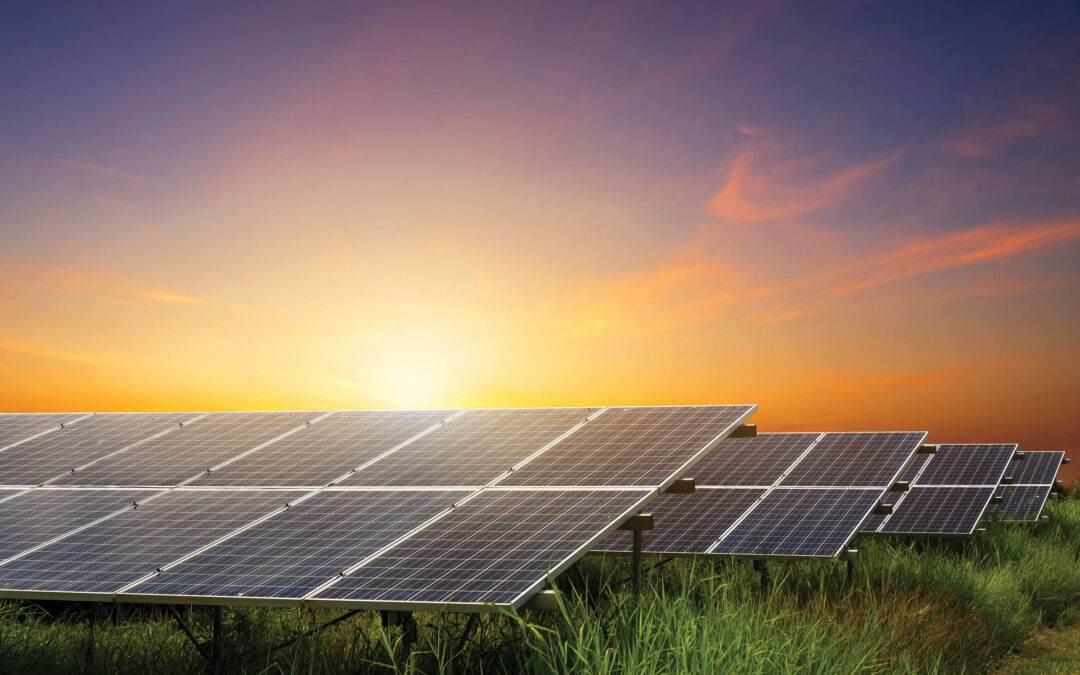
by Michael Vickerman | Jul 19, 2021 | Biogas, Policy, Programs, Renewables, Solar, Utilities, Wind
Wisconsin electric providers added significantly more renewable energy content to their electricity supplies in 2020 relative to 2019, according to a July 2021 report issued by the Public Service Commission. The annual report documents the amount of renewable electricity sold in Wisconsin and determines whether electric providers here comply with the State’s 15-year-old Renewable Portfolio Standard (RPS). This year’s report can be accessed from the PSC’s website at Docket No. 5-RF-2020.
Overall, RPS-eligible renewable energy (or renewable energy that supplies all utility customers) accounted for 12.98% of Wisconsin electricity sales in 2020, increasing more than two percentage points from the 10.71% level recorded in 2019.
This was the most significant advance since 2013 when the State’s electric providers achieved full compliance with the RPS statewide goal of 10% renewable electricity.
As shown in the chart below, the jump in Wisconsin’s renewable energy percentage resulted from a combination of increased renewable electricity supplies and a reduction in electricity sales caused primarily by the coronavirus pandemic.
In late 2020, Wisconsin utilities placed two significant renewable electricity sources in service: the Two Creeks solar farm near the Point Beach Nuclear Plant and the Kossuth wind power plant in north-central Iowa.
| Project |
Resource |
Capacity
(in MW) |
Location |
Utility owner(s) |
| Two Creeks |
Solar |
150 |
Manitowoc County (WI) |
WPS, MGE |
| Kossuth |
Wind |
150 |
Kossuth County (IA) |
Alliant-WPL |
More wind generation imported
Wind power now accounts for 71% of the renewable electricity sold in Wisconsin, and approximately 75% of Wisconsin’s wind generation originates from out of state. Overall, out-of-state sources produced 60% of Wisconsin’s RPS-eligible electricity in 2020.
While Wisconsin-based solar power is growing, it still represents a small sliver of the renewable energy pie. However, by the end of 2022, in-state solar generating capacity should surpass in-state wind capacity, as the ongoing utility effort to replace older fossil plants with new renewable generation shifts into high gear.
The pattern of adding in-state solar and out-of-state wind continues to unfold this year. Wisconsin utilities will have energized two solar farms by year’s end: the 150 MW Badger Hollow 1 project in Iowa County and the 100 MW Point Beach installation, adjoining Two Creeks. In January, a South Dakota wind farm called Tatanka Ridge began generating electricity. Dairyland Power Cooperative purchases electricity from a 51 MW share of that project.
Uneven distribution of renewable content
As shown in the table below, the distribution of RPS-eligible electricity varies widely from one electric provider to another. For example, Xcel Energy, whose territory covers much of Minnesota as well as western Wisconsin, has greatly expanded its renewable energy portfolio over the last three years, relying principally on wind power located west of the Mississippi River. As of today, one-third of Xcel’s electricity supply is renewably powered.
At the other end of the spectrum, the two WEC Energy utilities—Wisconsin Public Service (WPS) and Wisconsin Electric Power (We Energies)—remain stuck in the 5-7% range. That said, RENEW expects WPS’s renewable energy percentage to move higher in 2021, lifted by a full year of production from Two Creeks and five months of production from Badger Hollow 1.
The role of Wisconsin’s RPS – then and now
Today’s electric power industry is in a much different place than where it was in 2006 when the current RPS was adopted. Back then, renewable electricity was in its infancy, both in terms of cost and engineering performance. The purpose of an RPS, as conceived by clean energy advocates and sympathetic legislators, was to was kick-start utility deployment of renewable power sources, aimed at advancing several public policy objectives, among them resource diversity and cleaner air. Upwards of 10 wind power projects presently operating in Wisconsin and the region owe their existence to the RPS.
However, the RPS’s days as a mechanism for fueling new renewable power generation are long past. This year’s crop of solar farms and other renewable projects are the products of market forces and individual utility decarbonization plans, not the RPS. But it remains valuable as a publicly accessible information portal for tracking renewable power supplies flowing through the utilities’ bloodstream. Until the day the state legislature establishes a program for reducing carbon emissions economywide, complete with new metrics and indicators, we will continue to rely on these annual reports to find out how much progress Wisconsin electricity providers are making in their quest to decarbonize their power plants.

